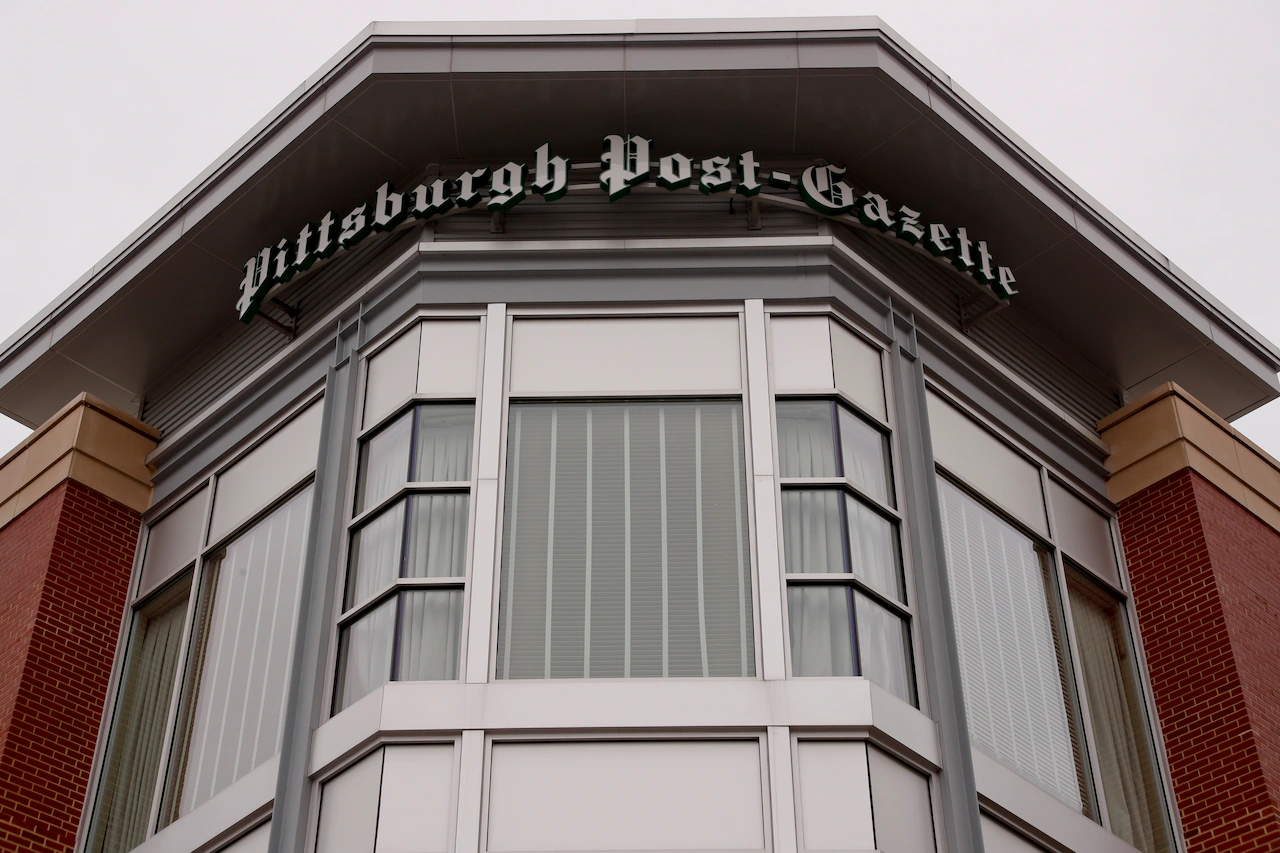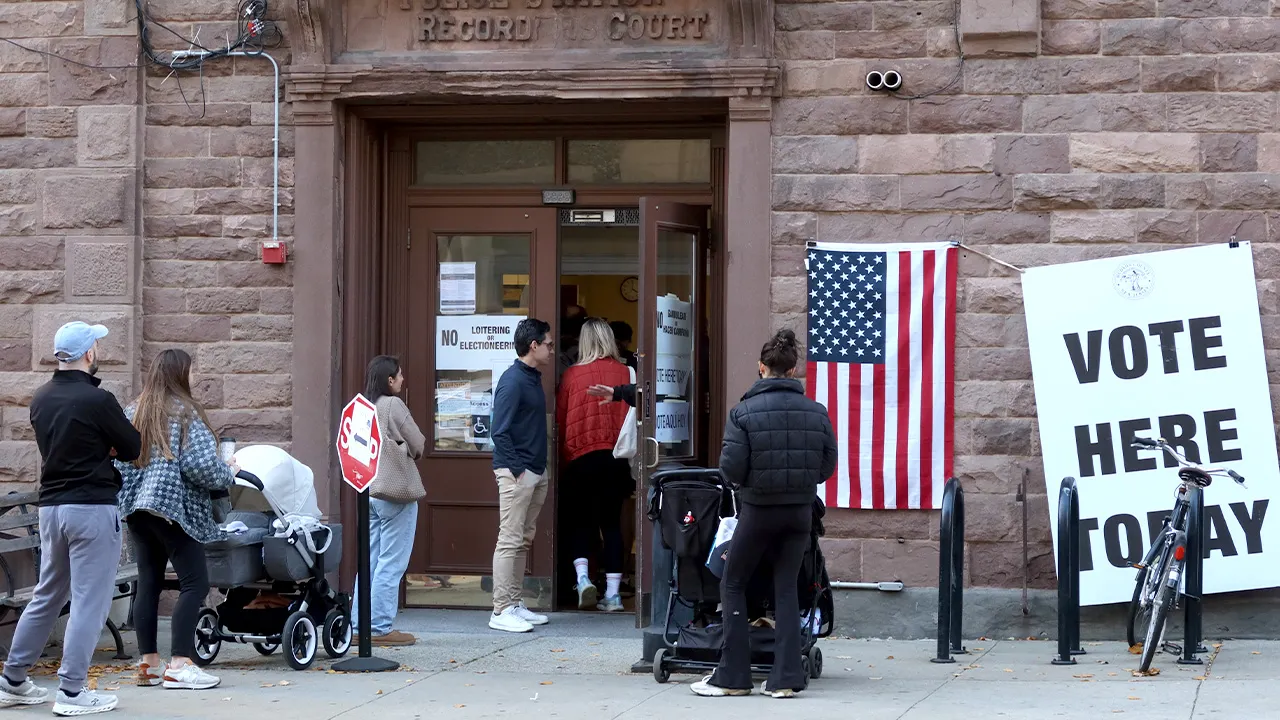Copyright Mechanicsburg Patriot News

A federal appellate court has agreed with findings that the owners of the Pittsburgh Post-Gazette violated labor laws by negotiating with its union in bad faith and prematurely declaring an impasse in negotiations. The Third Circuit of Appeals also found PG Publishing, the company that owns the newspaper, also unlawfully surveilled protesting employees who have been on strike since 2022. “Ever since Post-Gazette management ripped apart our contract in 2020, our union of journalists has been standing and fighting the lawless union-busting that we’ve been subjected to every step of the way,” said Andrew Goldstein, striking education reporter and Newspaper Guild of Pittsburgh president. It’s unclear if the ruling means the striking workers will return to work for the Post-Gazette. The Administrative Law Judge, a type of mediator, ruled in Jan. 2024 that PG Publishing acted in bad faith by presenting contract proposals intended to fail and prematurely declared an impasse in negotiations in 2020. It also found added charges of union surveillance had merit after hired security guards were seen photographing the faces of union strikers. PG Publishing has long-maintained that they would win on appeal in circuit court, according to a press release by the Newsguild. The press release said the US Supreme Court does not accept appeals of this kind. The dispute began when PG Publishing declared an impasse in negotiations and unilaterally implemented terms and conditions of employment on July 27, 2020 — terms that killed the guarantee of a 40-hour work week, gutted the short-term disability plan and took away workers’ paid time off as well as the right to fight discipline from manages. The replacement healthcare plan annually cut workers’ wages by thousands of dollars by shifting costs to the employees, the Newsguild said. While employees were striking in September and October outside the home of publisher John Block’s home, two security guards hired appeared to take photos of employees in the crowd. While PG Publishing argued that wasn’t the case, the Third Circuit said photos offered at the hearing clearly show the behavior described. “Rigid adherence to disadvantageous proposals may provide a basis for inferring bad faith…” “where the employers proposals leave the union members with substantially fewer rights than the law would provide them without a contract, an inference of bad faith may be appropriate.” Striking workers continued to publish their own coverage of Pittsburgh as the Pittsburgh Union Progress, they note.



